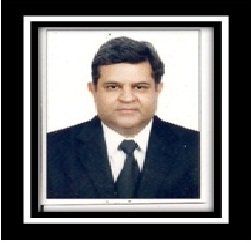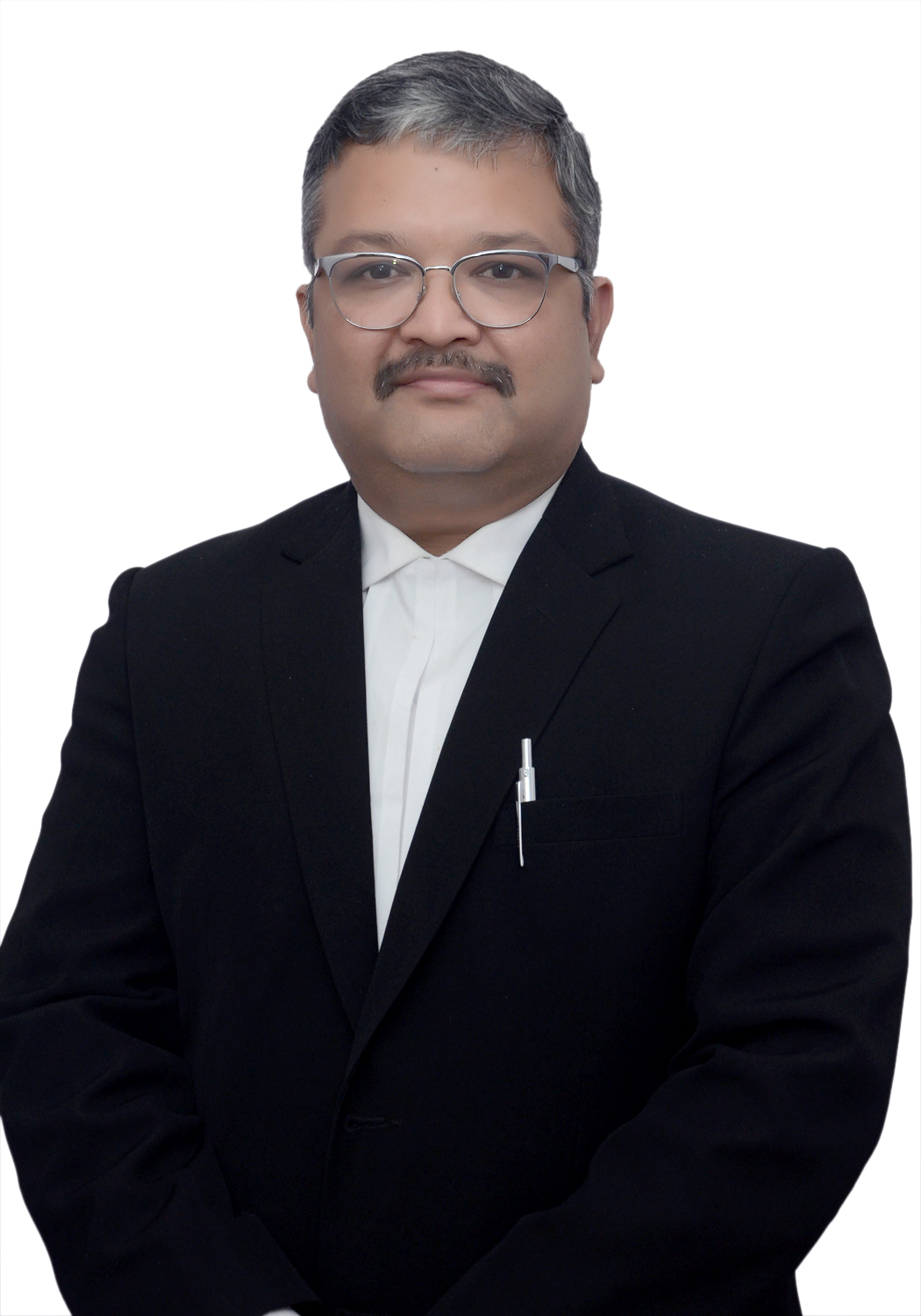By Somesh Arora
I am reminded of a famous qawwali from the 1960s:“Main idhar jaoon ya udhar jaoon/Badi musquil mein hoon ab kidhar jaoon”. The digitalisation/computerisation of the spheres of governance has no doubt made life simpler for many. Taxpayers have got accustomed to the GST Network. But, a complicated threshold takes away the joy, especially for those who have to decide whether they are in the tax system and, therefore, have to register for GST and file 37 or so returns, or are out of it and can relax.
The success of a tax system lies in its simplicity and the taxpayers’ ability to navigate it. A pragmatic tax system can lose its sheen if the procedure or the machinery provisions are complicated. Therefore, the most emphasised canons of taxation are certainty and simplicity. The prime minister had called GST a ‘good and simple tax’. If the malady of multifarious conditions in the threshold is not remedied in time, it will lead to unprecedented litigation in the days to come. At the core of the problem is the highly ‘qualified’ aggregate turnover-based threshold, the likes of which perhaps don’t exist in any other tax system.
At present, the threshold limit for GST registration has been kept at Rs 20 lakh for services and Rs 40 lakh for the supply of goods. One aspect of this limit is that, under the old tax systems, the threshold for VAT by various states was between Rs 5-10 lakh, and for services under the Finance Act, 1994, was Rs 10 lakh.
When GST came was rolled out, an equal threshold, of Rs 20 lakh, was kept for both services and goods. With the changed thresholds, arbitrariness has come to determine the fixation. The other contour of the problem is in the threshold being defined in most complicated terms for any tax system. The threshold has been defined in terms of aggregate turnover, which includes the value of all taxable supplies (excluding the value of inward supplies on which tax is payable by a person on reverse-charge basis), exempt supplies, exports of goods or services or both, and inter-state supplies of the persons on all-India basis but excluding central tax, state tax, etc. There have been a number of advance rulings sought by persons just to determine whether they are required to register.
What makes the threshold complex is the fact that one has to know what supplies of services and goods are GST-exempt and, therefore, know the applicable tariff. Also, what are taxable supplies and what are not, what will constitute inter-state supply of service and what won’t, and what are exclusively reverse-charge or exempt supplies for the purposes of registration under Section 22 of GST Act, including those made on behalf of someone else. Understanding GST is difficult since one has to run through a gamut of provisions, including various tariffs and notifications. This is a complex job for lawyers, tax officials and other professionals, let alone the common tax payer. The dynamics of this frequently-changing law is complicated by the GST Council, which keeps redefining it on nearly a monthly basis. Once the audit starts, those for whom the threshold becomes a virtual stranglehold with duty, interest and penal liabilities, will suffer the most. To make matters worse, the rulings of the Advance Ruling Authority (ARA) further complicate the issue. In the matter of Re: Anil Kumar Aggarwal, the ARA on GST of Karnataka recently ruled that even the interest on FDR, whether accrued or received, interest on Post Office deposits in National Savings Certificates, interest income credited to PF account or on National Pension Scheme (NPS), shall all be part of aggregate turnover and registration will be needed after factoring these in. The ARA, without going into the question in much details, ruled so, without even bringing out whether these interests earned were in relation to business or otherwise. As deposits are made in personal capacity in savings schemes like PPF and NPS, the same cannot, by common sense, be for business purposes. Further, the ARA did not go into whether Service Accounting Code (SAC) 9971 is applicable to deposits extended by banks and, therefore, only those are exempt, since SAC 9971 is applicable only to deposits extended by banks and does not cover individuals. It has also not dealt with the question whether an amount kept in one’s own account in a bank can be treated as transfer and, therefore, a supply of service? The cryptic order passed has no reasoning, but just a declaration that the interest on the types of deposits indicated above are exempt, but still inclusible in the aggregate turnover as it forms supply.
There is an urgent need to simplify the “threshold”, and more so for services. Why does a law have to be so complicated that even tax officials interpret it differently? Is the common man required to be a tax-expert simply to pay taxes? Is he required to devote time to business or providing services, or should be running around just to find out whether he has a tax liability or not and whether he has crossed the threshold limits and is obliged to file 37 returns for services provided? Despite such efforts, he may encounter different shades of opinions from lawyers and other professionals.
The minimum that the policymakers should do is to make an absolute and unconditional threshold of GST at whatever level it is deemed appropriate, like the case is in other tax systems. Though, the problem is, in a federal tax structure, even if the Centre decides to do it today, it may take about six months before the Council affords approval and the notifications are issued. Till such time, the GST will continue to remain complicated at the threshold only.
The author is Chief consultant (Amicus Rarus), and former commissioner of Customs & Central Excise


















 EVER
EVER 
hello